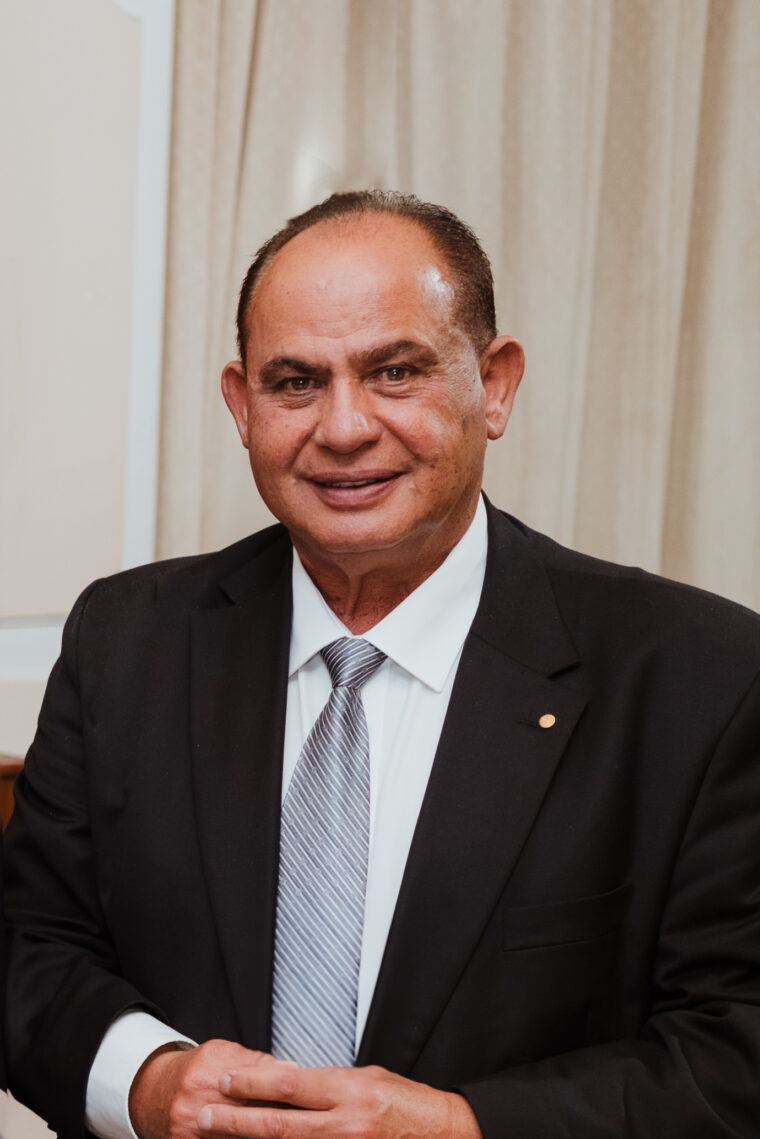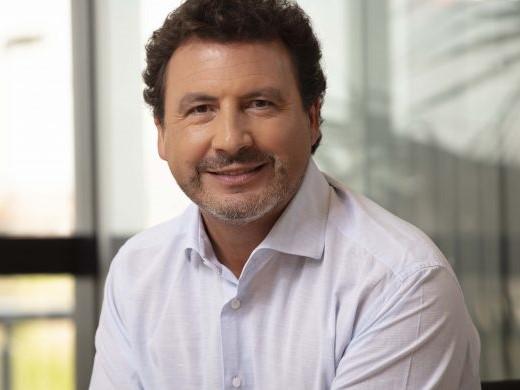Portuguese individuals who excel abroad help to identify business opportunities and the types of companies and activities that the country can attract. This initiative brings together Negócios and the Portuguese Diaspora Council.
1- What led you to leave Portugal?
In 2012, while I was heading Sage’s unit in Portugal, the multinational was evaluating market expansion, and the opportunity arose to start the company’s operation in Brazil. I accepted this challenge, and since then, I have had several significant experiences in the country. Among them, I highlight: 1) the period during which I was President of the British Chamber of Commerce and Industry in Brazil (Britcham) for two terms; and 2) in 2019, when I was appointed Officer of the Order of the British Empire (OBE), an honour granted by Queen Elizabeth II to individuals who make a difference – a fact that makes me very proud.
In 2020, Sage decided to focus its strategy on countries where it could market its global solutions, which, in some regions, was not possible due to local legal and fiscal particularities. In Brazil, Sage had only one global solution with very little impact on the global operation, with all other products being entirely local. The Brazilian tax scenario has several legal peculiarities that hindered the implementation of global products. Thus, Sage decided to leave Brazil. Following this decision, I had the opportunity to acquire Sage’s operation in Brazil and develop the company with our local content and software solutions.
2- What advantages or disadvantages did being Portuguese bring you?
The perception of Brazilians towards Portugal has changed a lot and very positively over the last ten years for various reasons. However, one fact, being Portuguese, which quickly becomes evident from my accent, has always been a great business card. Brazilians have always warmly welcomed Portuguese people who, like me, came here to live.
There is a noticeable strong connection between Brazil and Portugal. Over time, Brazil has welcomed large waves of Portuguese immigration. This is evident in daily life, architecture, history, gastronomy, language, and many other details. Despite some differences here and there, such as in accent and culture, if we look at the similarities, we see how they shorten paths and facilitate the adaptation process.
As for disadvantages, one was thinking that by watching several Brazilian soap operas, I knew how to speak Brazilian Portuguese, only to find out that this was not true. I confused “limão” with “lima,” said I needed a “camisola” because I was cold, and realised that half of what I said, people did not understand. Being polite, they did not tell me they had not understood. Although the language is Portuguese, there are many differences in the spoken language in each country, which causes misunderstandings and even some funny situations.
3- What obstacles did you have to overcome and how did you do it?
At the beginning, I remember a challenging cultural difference: Brazilians are friendly, cordial, and generally want to please others. In other words, it is difficult for Brazilians to contradict their interlocutor, say “no,” or even “I don’t know.” At the same time, they perceive the direct and objective language of the Portuguese as harsh. When it comes to management, this becomes a challenge. In some situations, when it is necessary to know exactly what is happening to make decisions, this way of softening the facts gets in the way. It took me a while to understand how to handle this.
4- What do you most admire about the country you are in?
The natural beauty is stunning and needs no comment. Besides that, I greatly admire the people, their energy, enthusiasm, and vibrancy in daily life. Recently, I had a unique experience parading in a samba school during the Rio de Janeiro Carnival. In such technological times, when everyone is always connected, the thousands of people made an effort to refrain from using their mobile phones so as not to compromise the school’s performance on the avenue, following the organisers’ instructions. Each person there had a unique role in the mission to make the school win. Everyone knew the school’s song by heart, organised, and dedicated. A truly admirable sense of community, indescribable. I had no idea what it was like and was very moved by what I experienced there.
5- What do you most admire about the company you are in?
Certainly, I admire the people and, most importantly, their attitude. As a leader of a team of more than 1000 employees, it is very gratifying to share in the enthusiasm of each one. Brazilians have a way of expressing their joy and gratitude that is very effusive and generous.
6- What recommendations would you give to Portugal and its entrepreneurs and managers?
In Brazil, be Brazilian. Much more important than criticising what is different is to enjoy what Brazil has to offer.
7- In which sectors of the country you live in could Portuguese companies find clients?
Brazil is a vast country with a wide range of business opportunities in various sectors. The service segment, for example, is growing increasingly and there are opportunities in transport, logistics, and commerce. The tourism sector also offers numerous business possibilities.
8- In which sectors of Portugal could companies from the country you are in want to invest?
I live in São Paulo, which I consider to be the city where one can have the best gastronomic experiences in the world. Excellence ranges from the quality of the food, the decoration of the space, to the attentive and cheerful, cordial service. I believe that Brazilians are already influencing our service areas in Portugal, and I think this could be very positive for the development of tourism in our country, contributing to the excellence of the experiences we can offer travellers.
9- What competitive advantage of the country you are in could be replicated in Portugal?
I believe that the main competitive advantage of Brazil is its size: it is an extensive country with a large population, which is impossible to replicate in Portugal.
It might also be worth mentioning the high adoption rate of digital tools – such as WhatsApp and social networks – by the general Brazilian population, which is generally very receptive to innovations.
10- Do you plan to return to Portugal? Why?
In fact, I never left Portugal. I divide my time, with great pleasure, between Portugal and Brazil, always eager to go to Portugal when I am in Brazil and to return to Brazil when I am in Portugal. I go to Portugal very often – I have family, friends, and business there, as well as in other countries.







